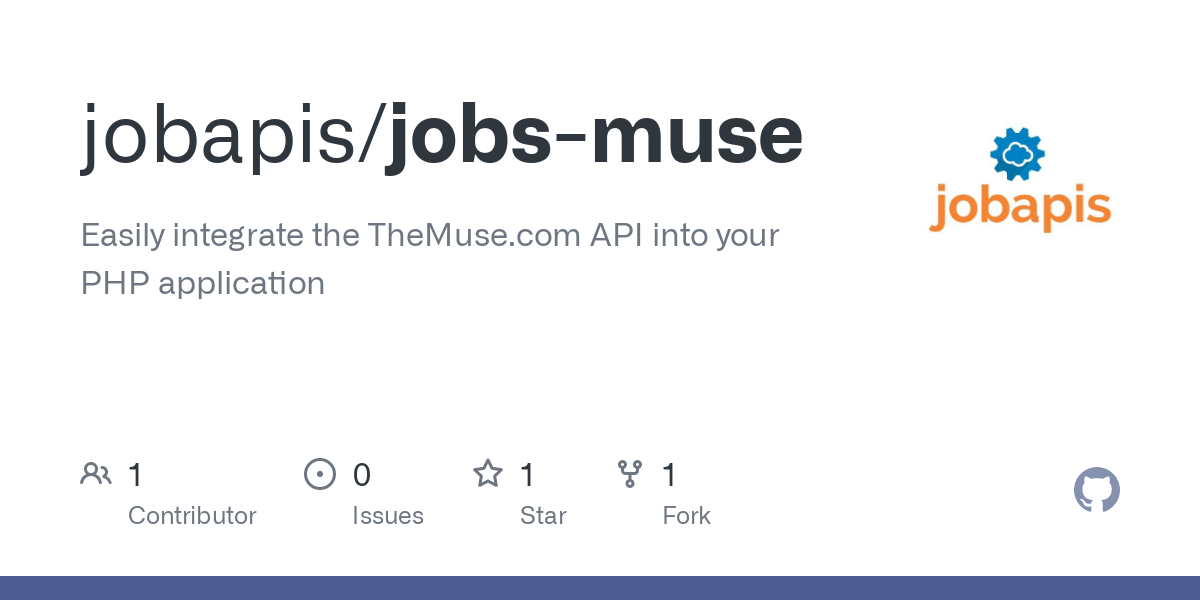
It is important to first identify what you value in order to figure out what kind of work you want. It is not easy to find your true passions. Some people will try to hide their values. For instance, technical skills may seem great but they may not align with what you want to do.
Exploring your interests
If you're not sure what to do for a living, exploring your interests can be an effective way to find your path. Make a list of what you love, and then consider the connections. Combine your interests.
Your interests can be seen in your affinities, hobbies, and other activities. Knowing your interests helps you focus on ideas that will keep work interesting. Your abilities and skills can have an impact on the career choices that you make. Consider your transferable abilities - the skills you can use in a variety of contexts.
Recognize your strengths
The first step in figuring out what you want to do is to identify your strengths. You can do this in many different ways, but the most effective is to list what you excel at and what you don't. Sometimes you might not believe that you are good at a particular skill. Compare yourself to the population to find out how unique and valuable your skills are.

If you are a good organizer, you might think about activities where you can apply your organizational skills. These activities may include writing, motivational speaking, or activism. You can find a way to utilize your strengths in these areas if you are willing to adhere to your core values. Use a self-assessment instrument like the Wheel of Strengths, to determine where your strengths lie.
Identify your core values
One of the best ways to determine your career goals is to identify your values. A free online tool such as the VIA Signature Strengths Quiz or Gallup's StrengthsFinder 2.0 is available to help you identify your values. The key is to test these values against your actual core values, not to make comparisons with someone else's values.
Next, think about your core values. Consider what makes you happy, or how it has shaped your core beliefs. Then, think about how each of these values might play a role in finding a career that fulfills them.
You should keep your options open
Keeping your options open is a smart way to make sure you have a good chance of finding the right career. When you narrow down your career options too early, you run the risk of settling for the wrong position. This can be frustrating, time-consuming, and may lead to you being frustrated and even disengaged from your career.
This strategy is great for everyone, regardless of age. It allows you the freedom to explore other careers and discover what interests you. This can be beneficial if you've just entered the job market or want a change in career path. You can always change to a better job, even if you end up with a miserable job.

Dream big
To help young people with disabilities identify their career options, The Dream Big Career Club has been created. The event included activities and presentations from major companies such as Cigna. There were also mentoring sessions and panel discussions. Participants learned how to make a good impression at job interviews. Participants hope to leave with a positive outlook about their future career opportunities.
Your dreams can only be realized if you are willing to do the work. Dreaming big is a way of creating a sense of purpose and meaning. If you dream big, you can make a change in your career, strengthen relationships, or learn new skills. A sense of accomplishment can also be gained by dreaming big.